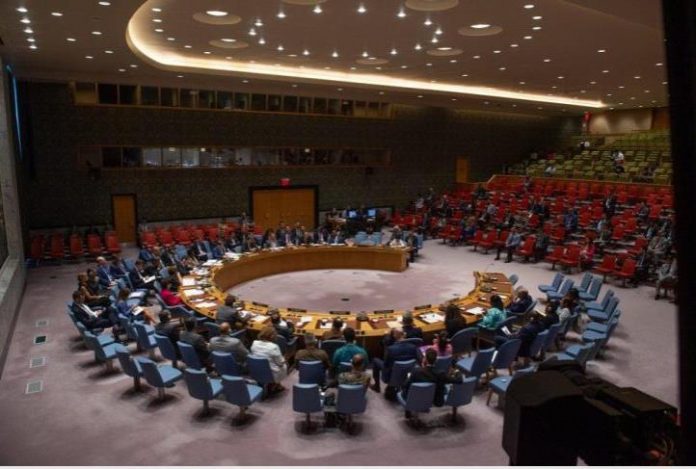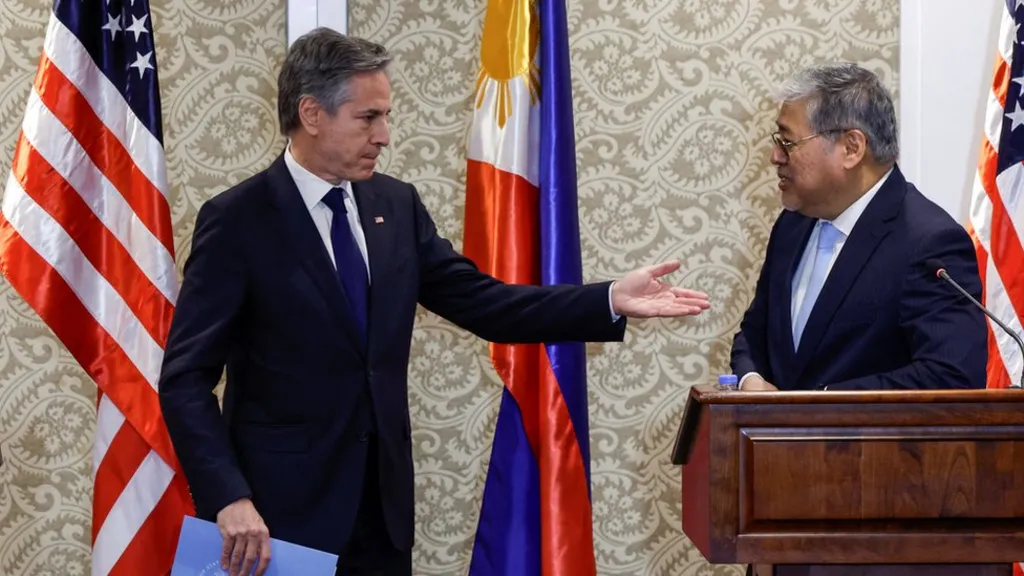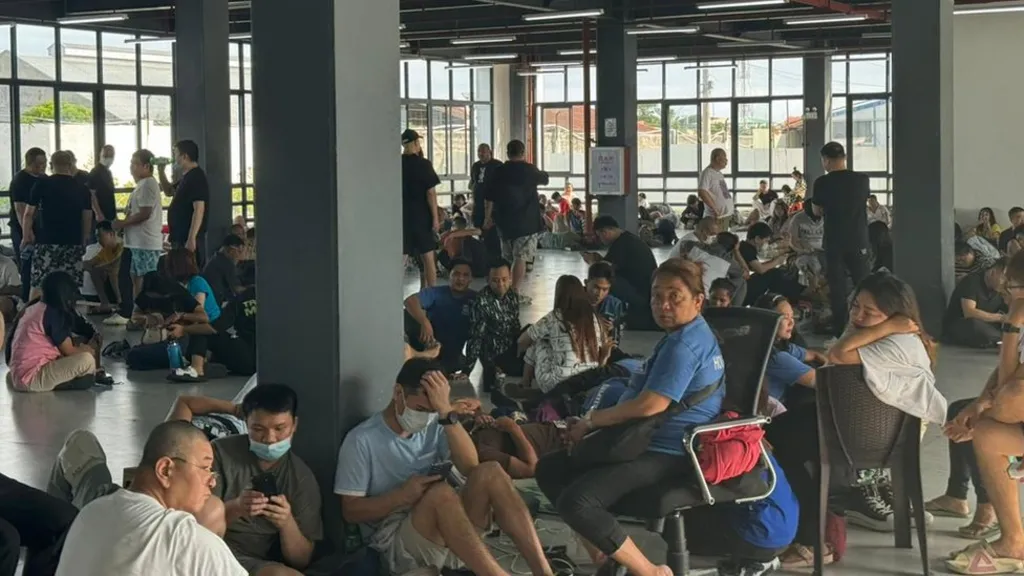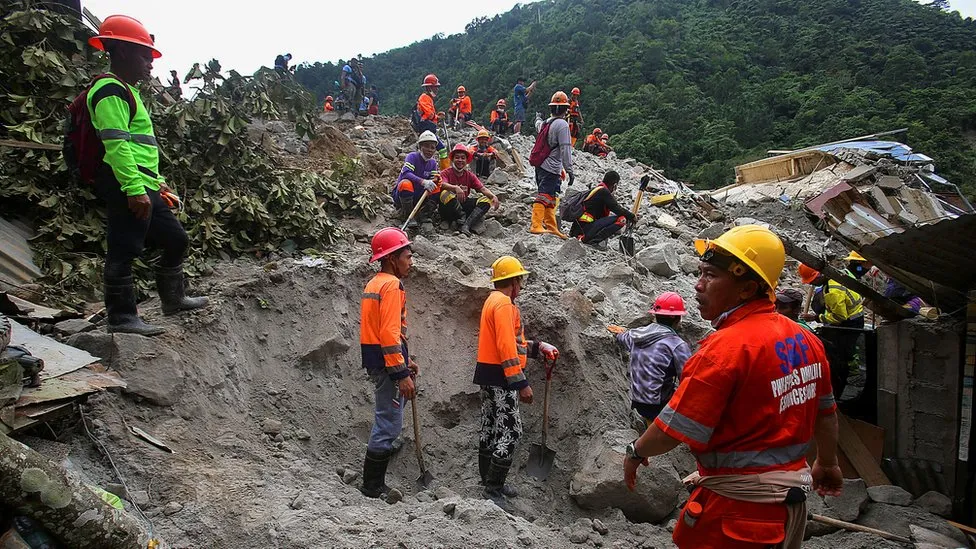The appointment of a new envoy to the Secretary-General of the United Nations is a matter of great concern to the permanent members of the Security Council. We are reportedly under pressure from permanent members of the United Nations Security Council to move forward with the issue of appointing an envoy. They believe that with the appointment of an envoy, the process on the Cyprus issue will proceed.
One month after the meeting of the two leaders – Nicos Anastasiades and Ersin Tatar – with the Secretary-General of the United Nations in New York, there was no substantial development regarding the Cyprus issue. There are two main reasons for this:
- The UNSG is in no hurry to proceed with an appointment, expecting that the rapprochement between the two parties will be differentiated in a way that will be helped in his decision, since he knows very well that as things stand today, any choice he makes will provoke reactions,
- The internal situation within the two communities is such that it turns the attention of those involved in other directions, since the Greek Cypriot side is under the shadow of the Pandora Papers and in the TRNC they are heading towards new “elections”.
This state of affairs seems to affect only Turkey, which continues to promote its plans on the island. The five permanent members of the UN Security Council (the P5) appear annoyed by the developments in Cyprus, especially in relation to Famagusta.
That is why the members themselves are moving in order to achieve some movement on the Cyprus issue, with the aim of resuming talks. The moves seem to be being made in two directions: to both sides on the island and to the UNSG himself.
As far as Antonio Guterres is concerned, already some of the P5s, seeing the issue of appointing an envoy not progressing, have begun to put pressure in the direction of the Secretary-General. They believe that developments on the ground require that the issue of appointment be over. And the pressure is directed towards the SG who will have to decide whether to eventually appoint a “special” or “personal” envoy.
Among the P5s pushing the UNSG to end with the issue of appointing an envoy, is Russia. At the same time, it is working with other members so that the Security Council has a more active involvement in the procedures of the Cyprus issue. Russia does not want the Cyprus issue to go outside the Umbrella of the Security Council, something that Ankara is working on intensely behind the scenes.
Sergey Lavrov in his statements after his meeting on Thursday with his Greek Cypriot counterpart, Nikos Christodoulides, was sufficiently clear about Russia’s position on the role of the UNSC on the Cyprus issue: “We underlined once again that it would be important for the permanent members of the Security Council to participate in the discussion on the external aspects of the solution and we reaffirmed our position in favour of replacing the existing antiquated security guarantees for Cyprus with new guarantees from the UN Security Council.”
He added that “we see the unilateral steps concerning the abandoned part of Varosha in the city of Famagusta as unacceptable and counterproductive”. He also said that “both in the United Nations and in bilateral contacts with all parties involved, we support the creation of favorable external conditions that can help achieve progress in the Cyprus case”.
Nicosia estimates that within the next few weeks there may be developments to relaunch efforts on the Cyprus issue. The Foreign Minister, commenting on Thursday night on the outcome of his contacts in the Russian capital, referred to initiatives by both Moscow and other Permanent Members of the Security Council on the Cyprus issue. Nikos Christodoulides referred to the increased interest shown by the UN Security Council regarding the developments on the Cyprus issue, while expressing the hope that there will soon be some developments on the whole issue, in particular with regard to the appointment of a Representative of the Secretary-General of the United Nations.
Reacts to Navtex with new threats against the CD
Turkey responds to the issuance of a new Navtex by South Cyprus. The spokesman of the Turkish Foreign Ministry, Tanzu Bilgic, at a press conference (source pio) on Turkey’s foreign policy, referred, among other issues, to the issuance of a new NAVTEX by South Cyprus and Greece, claiming that with the new NAVTEX they are preparing for activities in the area under the jurisdiction of the “tdvk”, in his expression. He then claimed the following:
“Both Greece and the Greek Cypriot administration of southern Cyprus are taking steps that increase tension in the Eastern Mediterranean. Efforts to send research ships to our continental shelf in the Mediterranean continue. We are responding to these challenges both on the field and on the table. We will never allow our rights to be violated.”
Recalling that the Greek Cypriot side announced that it would conduct a new drilling in November, Bilgic reiterated his claim:
“If this happens, of course, we will react to defend the rights of Turkish Cypriots. I say that very clearly from here. As Turkey we will continue to provide the necessary responses to such challenges. On the other hand, if the Conference on the Eastern Mediterranean, proposed by our President, for a fair sharing of hydrocarbon reserves in the Eastern Mediterranean, is held, it will be necessary to find ground for cooperation between the countries of the region and the natural wealth will be shared fairly. As a sovereign state, Turkey can claim its place when the time comes. These rights of ours are always real. Turkey can use them when necessary.”
Celebrates the opening of Varosha
The opening of the enclosed city of Varosha will benefit the economy and tourism of the TRNC, President leader Ersin Tatar argued, writes the Turkish newspaper Milyet (PIO source).
Speaking at an award ceremony, as part of his contacts in Turkey, Tatar, recalling that the Ottomans conquered Cyprus in 1571, reiterated that “Varosha is ancestral territory”. He then argued the following:
“When we shouted that the time had come for the opening of Varosha, we saw a great response. With the support of Turkey, the enclosed city of Varosha, as an open Varosha, stands there as a driving force of the government. Since the introduction of the two-state policy on the agenda, in terms of politics, in economic and political terms, it is a policy that suits us best. With the opening of Varosha, the TRNC is a powerful state with the support of Turkey.



